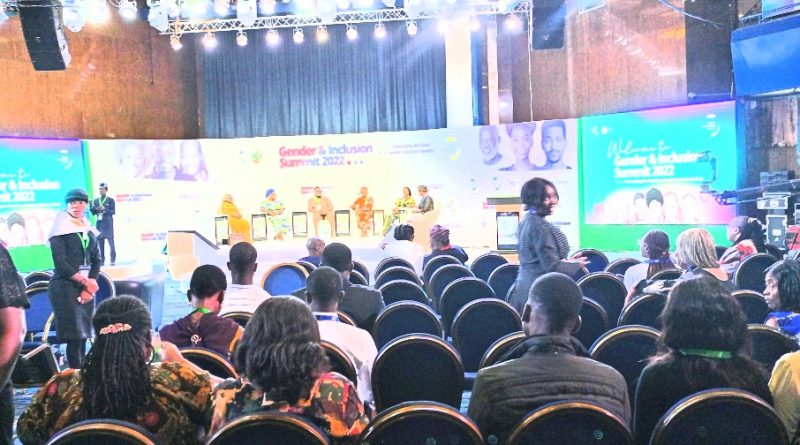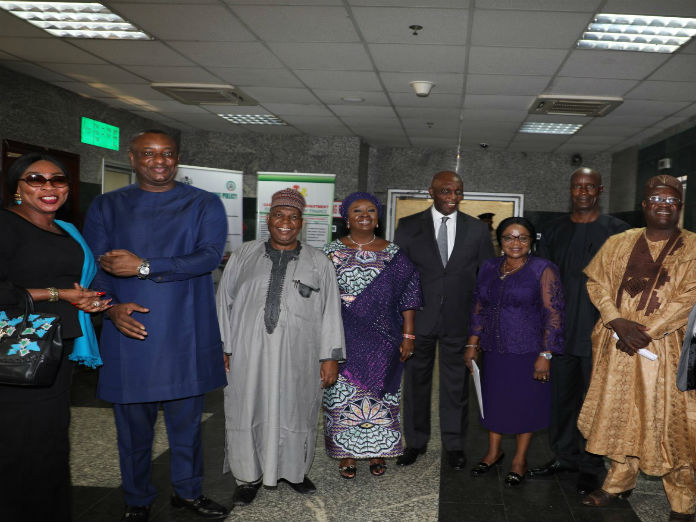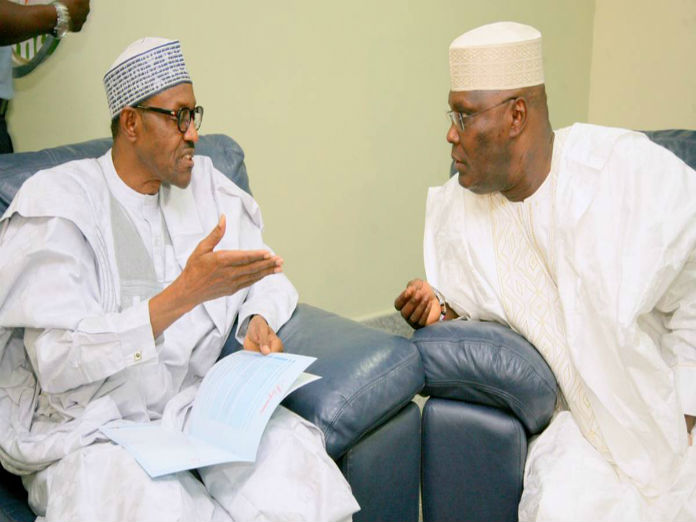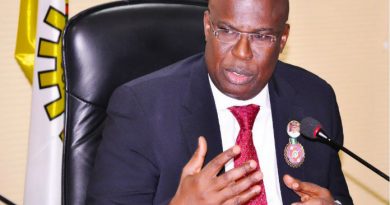27 years after Beijing Declaration, Gender parity is not recovering- Niyi
Oru Leonard
Chairman of the Nigerian Economic Summit Group, Mr Niyi Yusuf has said that gender parity is still high even 27 years after the Beijing declaration.
NESG Chairman who expressed delight for marks a significant event to us all and is indeed a major stride towards the collective effort in creating the egalitarian society we all seek. We are proud that the PIC, NESG, has taken this bold step in leading the way in one of history’s most important conversations
He said “Twenty-seven years ago, stakeholders from all over the world gathered at the Fourth World Conference on Women in Beijing to produce one of the most important documents, The Beijing Declaration and Platform for Action, which was a turning point for the global agenda for gender equality and in securing the equality for all in law and in practice, which has set the stage for ensuing actions. However, as we are all aware, 27 years later, the concerns raised are still largely unsolved.
“Gender parity is not recovering, according to the Global Gender Gap Report 2022. It will take another 132 years to close the global gender gap. As crises compound, women’s workforce outcomes are suffering, and the risk of global gender parity backsliding further intensifies. The pandemic has done more than open our eyes to the economic vulnerability of our nations. It also opened our eyes to the plights women and other marginalized groups face. Statistics are out there for us all to see, showing how the pandemic disproportionately impacts women and other marginalized groups. We all saw the spike in violence, primarily fueled by societal power imbalance.
On Educational Attainment, Nigeria records higher levels of parity in secondary education and tertiary education enrolments. However, both shares of men and women in secondary education in 2022 were lower than in 2021, while both increased in tertiary education. The subindex where Nigeria has the widest gap to close is Political Empowerment, which has been widening since 2012 and currently stands at 96%.
He disclosed that the gender summit will crystalize into a national multistakeholder consensus that supports and enhances all the ongoing processes, including those of the National Council on Women Affairs and Social Development, the network of interventions by critical actors in the Development, Civil Society and Private sector to deliver change at scale.
He also noted that while Gender Equality is captured in SDG five, it is integral to all other SDGs, at least toward their successful implementation, as there is no sustainable development without Gender Equality.
“The theme of this summit is not accidental, and it speaks trueness to types by drawing our attention to the fact that we have a conversation we have left unattended to as a nation. It’s time we gather the pieces of this conversation to begin a journey toward our shared prosperity. It reminds us that only when we achieve parity between the genders in decision-making when there is equal access to resources and opportunities, and when gender-sensitive policies are tailored to the needs of all can we say for sure that we live in an equal society”, My Niyi concluded.
Partners within the public and private sectors, and all state actors, but especially you all, who are the participants. Thanks to the Bill and Melinda Gates Foundation (BMGF), World Bank, Nigeria for Women Project, Development Research and Projects Center (DRPC), Heckerbella, Plan International Nigeria, United Nations Development Programme (UNDP) through the EU-UN Spotlight Initiative, Nigeria Health Watch and Network of Disabled Women. Without you, this event will not take place, nor will we discuss celebrating its significance and, hopefully, success.
In attendance include Her Excellencies, the British High Commissioner to Nigeria, Ms. Catriona Laing, and the United States Ambassador to Nigeria, Mary Beth Leonard as well as Alexandre Borges-Gomes, the EU Deputy Ambassador.




